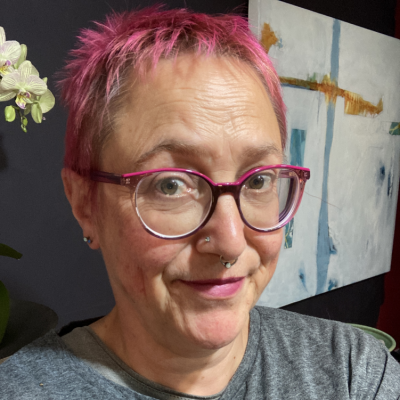If you're OK, I'm OK
It's not uncommon to hear this sentiment expressed among people in close relationships, particularly by parents to children or between partners. It's a lovely idea and must be, to some extent, true given that we all have a profound effect on those around us. If you are unhappy or unwell, say, I will feel concern for you and am therefore a bit less OK than I am when you are thriving.
When your ‘OK-ness' is entirely contingent on someone else's well-being, though, this is problematic. Firstly, it burdens the other person - you are making them responsible for your welfare and that's not really on. Your welfare is your responsibility, not theirs and putting it on them may encourage them to lie about how they really are; make them more likely to say, ‘I'm fine' (and don't get me started on the use of the word ‘fine'!) when they're anything but.
Secondly, it does rather suggest that you have nothing in your life other than that person. Nothing else at all? Really? We all need variety - different ideas, influences, energies, interests. We all have moods, good and bad, and times when we are less available to others - one person can never be all that you need. Overly relying on one person creates pressure on the relationship and diminishes you both.
And what if the other person is really very much not OK and is getting worse? What good does it do to go down with them? How does it help them? If you maintain your own sense of yourself, your own energy - if you can be OK even when they are not - you have more to offer to that suffering someone as well as building your own resources on which to draw. It also models for the other person the idea that you can be supportive, loving and kind as well as independent and strong, an idea which may be new to them. It shows that looking after yourself isn't selfish, it's healthy. It might encourage them to do it too and who knows? They might start to be more OK as a result.
One final thought: if you're focusing solely on another's well-being, you aren't focusing on you. Why not? Are you avoiding something? Is there something not OK? Try not to be frightened of the not-OK bit. Instead, you could try finding out more about it. Then you can start to change it. And once you do, you'll have even more good stuff to offer.

Find a therapist dealing with Relationship problems
All therapists are verified professionals






